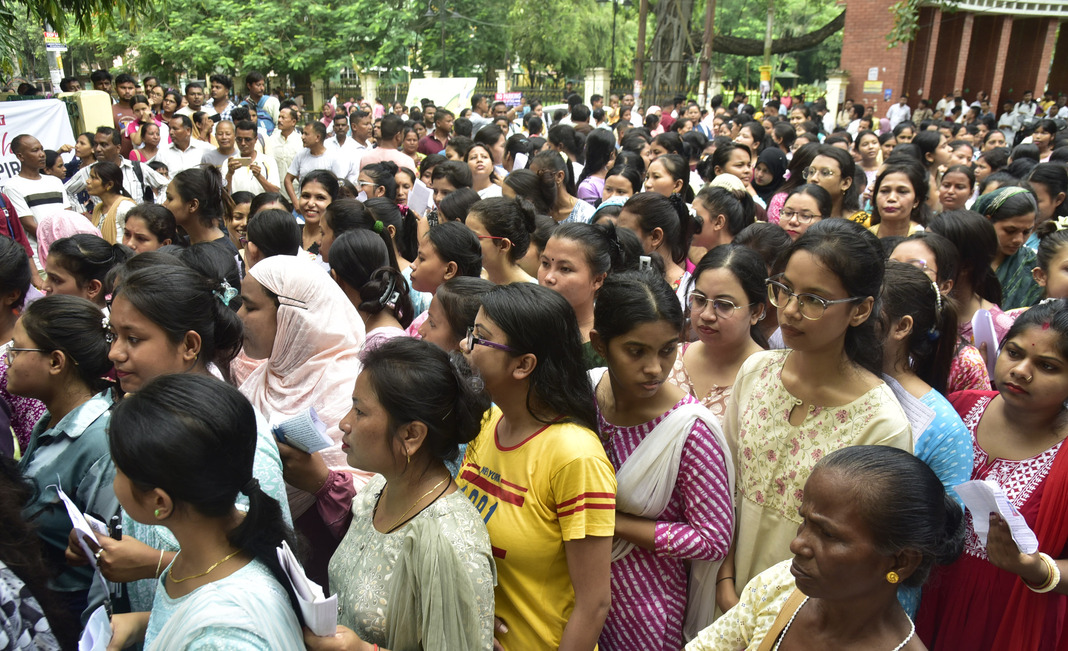New Delhi, Feb 11: The Brahmaputra is the lifeline of Assam and China’s recent decision to construct the world’s largest dam over it raises serious concerns about the country’s water security, Congress leader Gaurav Gogoi said in Parliament on Tuesday.
Speaking during Zero Hour in Lok Sabha, Gogoi said he has written to both Defence Minister Rajnath Singh and External Affairs Minister S Jaishankar regarding the disproportionate control of China over the water flow in the Brahmaputra, which is a major strategic asset of India.
“The Brahmaputra is the lifeline of Assam and a major strategic asset of India. China’s recent decision to construct the world’s largest dam across the Yarlung Zangbo-Brahmaputra raises serious concerns about India’s water security,” he said.
The deputy leader of the Congress in Lok Sabha demanded that water-sharing and management be a key component of India’s diplomatic engagement with China, especially at the level of the prime minister, the National Security Adviser (NSA) and the Ministry of External Affairs (MEA).
“We must have an agreement that China must always share hydrological data supporting flood forecasting and management. My question is, did this government know that China is constructing such a dam, and what has this government done to raise this issue at the international forum?” he asked.
The Union government has “taken note” of China’s announcement of a mega-dam project on the lower reaches of the Yarlung Tsangpo river in the Tibet Autonomous Region, the Centre informed Parliament on February 6.
Minister of State for External Affairs Kirti Vardhan Singh, in a written response to a query in Rajya Sabha, also said various issues relating to trans-border rivers are discussed with China under the ambit of an “institutionalised Expert Level Mechanism,” which was established in 2006, as well as through diplomatic channels.
The ministry was asked whether China’s decision to construct a hydropower dam on the Brahmaputra River, which flows into India and Bangladesh, has raised concerns about its potential impact on millions of people living downstream.
“The Government of India has taken note of China’s announcement of a mega-dam project approved on the lower reaches of the Yarlung Tsangpo (upper reaches of the Brahmaputra) River in the Tibet Autonomous Region,” he said.
As a lower riparian state with considerable established user rights to the waters of the transborder rivers, the government has “consistently conveyed its views and concerns to the Chinese authorities” and has urged them to ensure that the interests of downstream states are “not harmed by any activities in upstream areas,” the minister said.
“Following the recent announcement by China of the mega dam project, we have amplified our concerns and demarched them on 30 December 2024, including on the need for transparency and consultation with downstream countries,” he said.
The issue was also raised during the visit of Foreign Secretary Vikram Misri to Beijing for a meeting of the Foreign Secretary-Vice Foreign Minister mechanism, he said.
During the visit, the two countries agreed to hold an early meeting of the Expert Level Mechanism to discuss the resumption of provision of hydrological data and other cooperation pertaining to trans-border rivers, Singh said in his response. (PTI)




